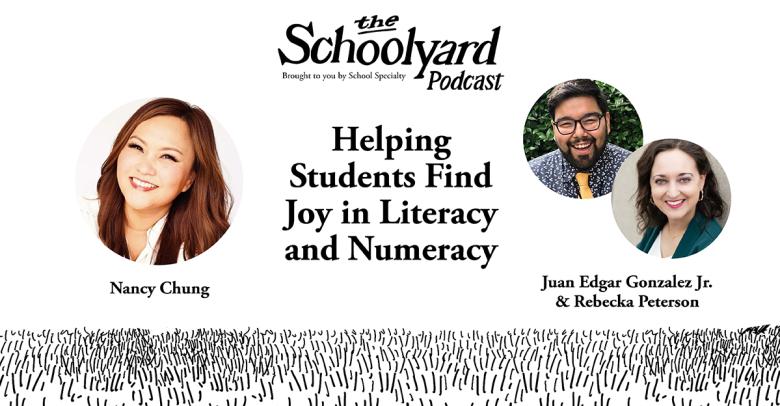A Facebook meme that went viral a few years ago shows a student sitting across the desk from a professor. Holding an essay in his hands, the professor says to the student, “I like the words you used in your essay—I just think you should have put them in a different order.” Although there is no research to confirm it, there’s a good chance that you’ve read some essays that fit into that category.
Struggling writers often use sentence fragments because they are unsure of the proper placement for nouns and verbs, and you may be encouraged to take a different approach and use worksheets to help students identify parts of speech or turn fragments into complete sentences.
There are a multitude of reasons why your students may struggle to write—they may suffer from a disability like dyslexia, they could be afraid to put the wrong words on paper, or maybe they are just unable to think of a topic. Regardless of the reason, there are some tried and true methods that can help your students who struggle with the writing process.
Write About Real Life Experiences
Students generally find it easier to write about their own personal experiences, but a simple instruction, “Write about something that happened to you” may still draw a blank. To get your students thinking, ask them leading questions: Where have you been? What did you do there? Who went with you? Then try using a rolling chair to circulate the room and sit with students at their level to help them brainstorm—outline their story, so they realize they do have something to write about.
Provide Clear Instructions for Self-Assessment
For the early stages of writing—when simply encouraging your struggling writers to put words on paper—emphasize self-expression and writing freely without stressing writing conventions. As they become more comfortable with the writing process, transition into more concrete expectations.
Older students appreciate having a template or rubric to evaluate their work before turning it in. Not every piece of writing should be graded for all conventions, and a template will let your students know what specifically they are being graded on.
Use Helpful Resources
There is no need for educators to reinvent the wheel when teaching. Published by EPS Literacy and Intervention, Writing Skills 2nd Edition is an expository writing resource that has something for every student—from reluctant or beginning writers to advanced, proficient ones, this program gives you all the tools you need to turn your students into good writers and thinkers. Rules of the Game is another program that utilizes both traditional and innovative techniques to keep the interest of all levels of learners as they build their grammar and writing skills.






Leave a Reply